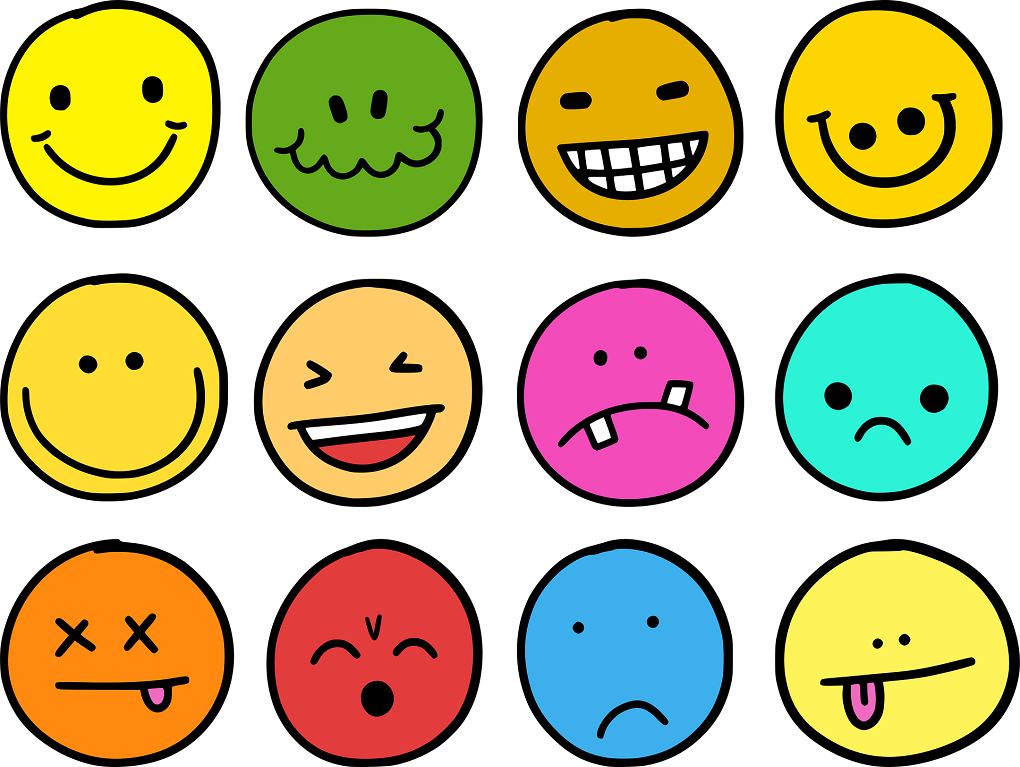In a world where complexity has become our norm and agility a precious capability, our ability to regulate emotions has become crucial to our wellbeing.
We hear many messages around managing our emotions during times of challenge, “Keep calm and carry on”, “Stay positive”, “Be happy”.
Sadness, fear, anger and anticipation are very real emotions that come in times of challenge; they are just as valid as emotions such as excitement, joy and satisfaction.
When we wish-away or suppress our difficult emotions, we are closing the door on emotions that are an integral part of our humanness.
Unfortunately however, there are subtle messages that continue to convey emotions as either ‘good’ and ‘bad’. Colour-coding emotions such as anger, upset or annoyance as ‘red’ emotions, or joy, happiness or contentment as ‘yellow ‘ emotions provide non-verbal communication of emotional classification. “Red” emotions are to be avoided, and “yellow” emotions are to be embraced.
Stress, discomfort, anger and upset are part of life. We don’t get to do life without these emotions; they can be signals for keeping ourselves safe, and a reminder to check-in with ourselves and our values. Emotions are an important form of information. We are always feeling something; our emotions are in continual flow. Consider the gambit of emotions you experience in any one day; frustration, impatience, excitement, nervousness, joy or dread.
These emotions are part of leading a meaningful life. Like all emotions, it is how we act on them that can give them positive or negative qualities. Innately, all emotions are neutrally charged.
1990 research from Peter Salovey and John Maloney explored the link between emotions and actions. They called this emotional intelligence. They define it as “The ability to monitor one’s own and others feelings and emotions to discriminate amongst them and use the information to guide one’s thinking and actions”.
With greater emotional awareness, our feelings can tell us important information and be harnessed in a helpful manner.
Nervousness can cause us to be more discerning and reconsider all the options. Enthusiasm can support us to see other possibilities. Guilt can act as a moral compass. A more generous mood may make us more willing to accept. Anger can drive us to act against inequity or oppression.
When harnessed and honed, our emotions can become positive tools that can have a constructive function.
So as you go forward this week, I invite you to consider how you are ‘treating’ or labelling your various emotions. Are you “sweeping them under the carpet”, pushing them aside, or squashing them? Or could you utilize them in a more constructive way?
No emotion is bad or good; it’s how we act on them that makes them so.




Leave a comment